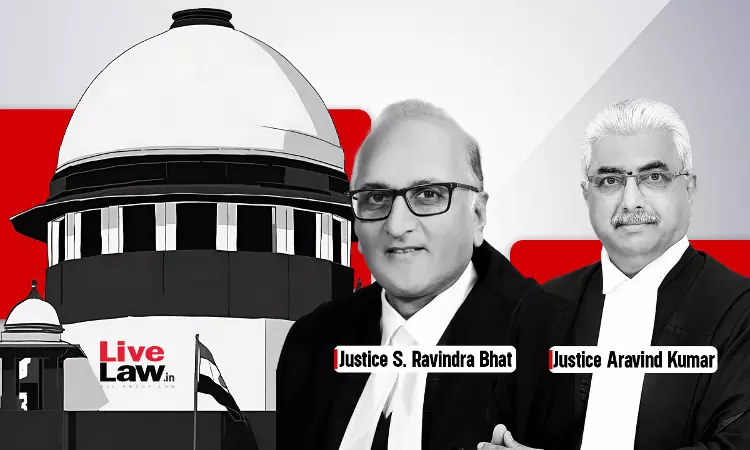Accused Has No Right To Produce Any Material At The Time Of Framing Of Charge: Supreme Court
Suraj Parmar
11 Oct 2023 3:40 PM IST

Next Story
11 Oct 2023 3:40 PM IST
The Supreme Court held that at the stage of framing charges, the accused does not have the right to produce any material or documents to contest the case. The Court further emphasized that at the charges stage, the trial court should base its decision solely on the chargesheet material provided by the prosecution, presuming the material to be true for the purpose of determining the existence of...
